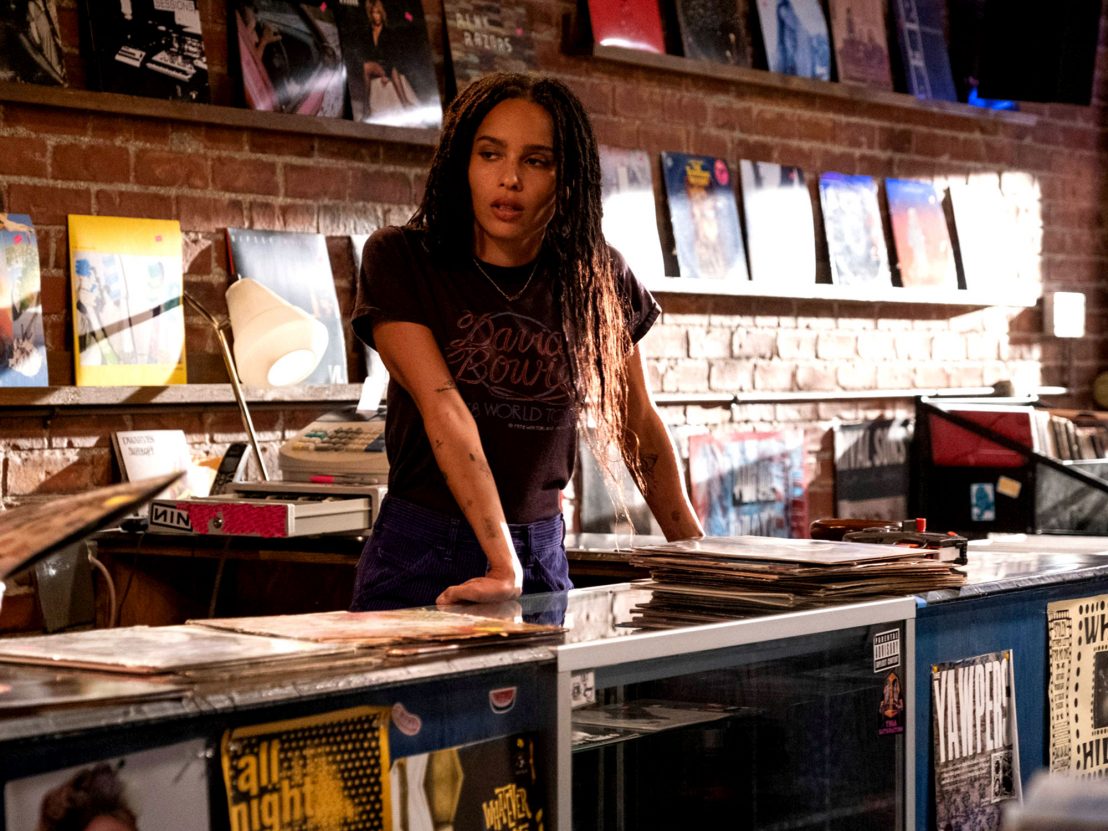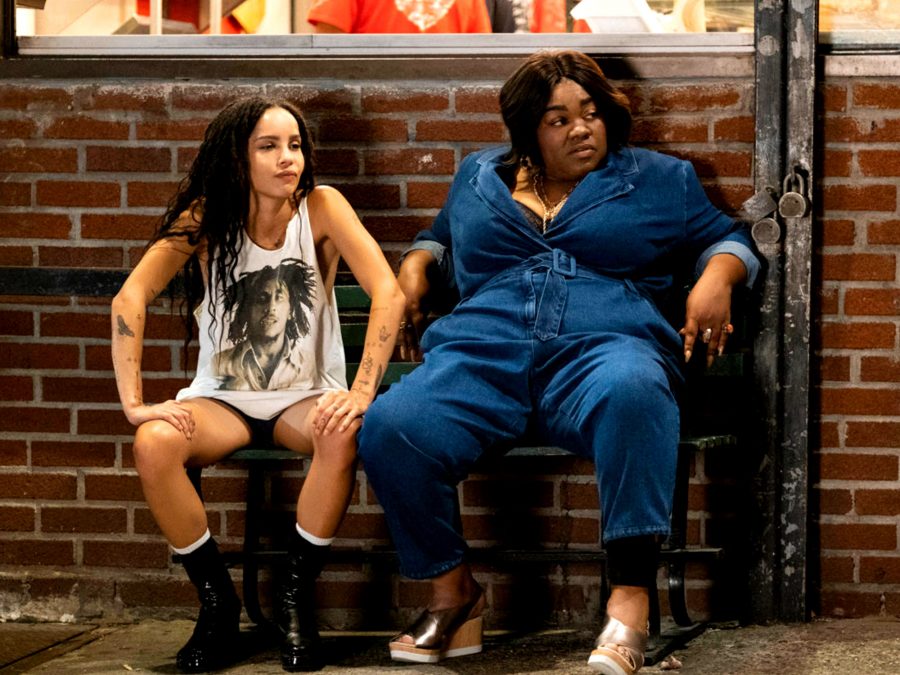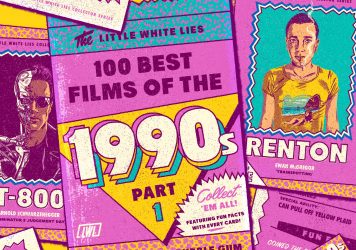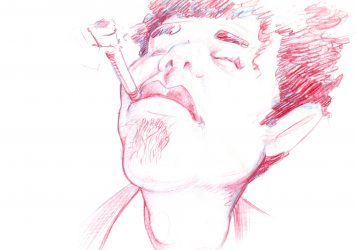
In line with the obvious and vague hues of nostalgia that have enveloped some of the most popular big and small-screen titles in recent years, Hulu’s High Fidelity takes us back – at least musically and aesthetically. Vinyl records may have made a comeback, but there’s still something otherworldly about an old-school record shop in this day and age. Replete with carefully curated crates and uncoordinated, musically-themed posters lining plain walls, the dim yet warm atmosphere of a non-pretentious record shop feels immersed in a different era. A strangely familiar space, in a gentrified setting that is slowly covering up any remnants of its past – including its music.
These are the kinds of conversations Rob (Zoë Kravitz) and her best friends/employees Simon (David H Holmes) and Cherise (Da’Vine Joy Randolph) lose themselves in for hours on end. They do so with mounting snobbishness and the righteousness to assume a seraphic power over music history, erasing those artists they no longer deem worthy of sales (Michael Jackson) and clinging on to the heroes of their past (David Bowie).
Based on Nick Hornby’s 1995 novel of the same name, which saw John Cusack in the lead role of Stephen Frears’ film adaptation, this 10-part reimagining is every bit as pleasing – especially if you happen to get a kick out of every non-Millennial music reference. It does, however, lack the awkwardness and vulnerability that is present in both the book and original movie.

This is not to say that the performances suffer. High Fidelity simply tells a different story now, from the female perspective, in a contemporary setting, with new music (from Grapetooth to Le1f) and old feelings (courtesy of Sinead O’Connor’s ‘Nothing Compares 2 U’). Sparked by yet another failed relationship – rounding up Rob’s Top Five Heartbreaks – she reflects on her own inadequacies. It sets her off on a mission, a musical meditation on past and current relationships, her own shortcomings and insecurities, and her relationship with herself. While Kravitz always brings authenticity to her characters, in this case it is perhaps too much.
Even if you’re new to the story, the series looks and feels ‘cooler’ than it actually is. Rob is the kind of woman most men want to be with, and most women envy for her unflappable attitude. When she does manage to outrun her problems, her exits are invariably badass (if a little cowardly). Her wallowing next to a meticulously organised record collection in a charmingly mismatched apartment, the smoke from her cigarette lingering like the memories of past lovers, feels unerotically sensual. Her sadness is conspicuously feminine – at times soft and gentle like Darondo’s soul sessions, at times moody like The Circle Jerks or hopeful in the warm light of Nick Drake’s ‘Pink Moon’. In this sense, High Fidelity feels separated from its central character.
There’s a DeWanda Wise, She’s Gotta Have It vibe to Kravitz’s on-screen persona that would work if only she weren’t Rob; if she had more freedom to explore a character other than that which Hornby intended. Even through her hurt, she seems far too self-aware and comfortable in her faults to be questioning herself and her choices in love. She perfectly understands the theme of the show’s playlist – “What you like is more important than what you are like” – and could have found her closer in as little as five episodes.
Published 17 Feb 2020

By Emily Bray
To the kids with the “coolest jobs on earth”, being yourself is all that really matters.

Our ’90s countdown kicks off with movies from Tim Burton, David Lynch and Hayao Miyazaki.

Director John Lamb reflects on the making of his pioneering short film featuring the singer-songwriter.